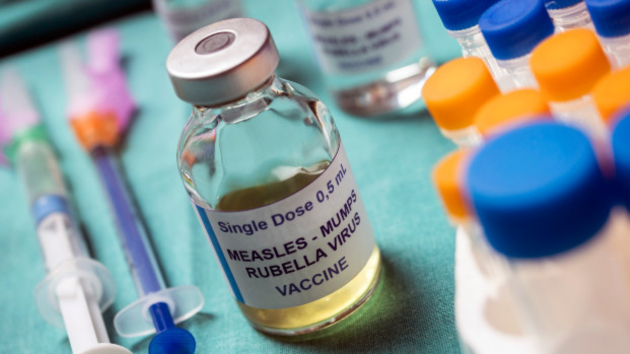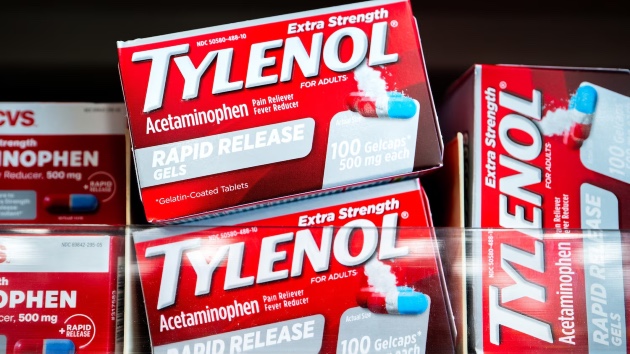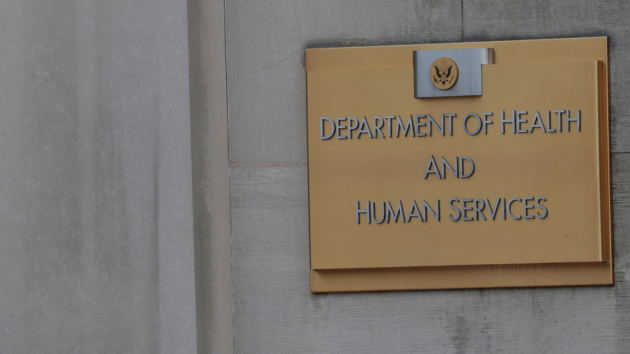Landmark CA bill to ban harmful food chemicals spares Skittles, heads to Gov. Newsom for signing
Written by ABC Audio ALL RIGHTS RESERVED on September 14, 2023

(NEW YORK) — California is making history with a first-of-its-kind bill to ban four harmful chemicals from candy, cereals, salad dressings and other processed foods, legislation that will soon hit Gov. Gavin Newsom’s desk to be signed into law. However, the bill spares one of America’s favorite candies.
The California Food Safety Act, AB 418, passed in the state legislature on Tuesday after first passing in the Assembly earlier this spring with approval from the health committee.
The bill, authored and presented by Democratic Assembly Member Jesse Gabriel, representing California’s 46th district, and co-sponsored by the Environmental Working Group and Consumer Reports, would end the use of brominated vegetable oil, potassium bromate, propylparaben and red dye No. 3 in food products sold throughout the state.
Originally, the bill included a fifth chemical, titanium dioxide, which is found in Skittles. That chemical was removed from the bill’s final version and, in so doing, spared manufacturers of the rainbow-colored candy from having to change its recipe.
The chemicals the bill addresses have already been outlawed in 27 nations in the European Union, according to Gabriel.
In a statement following the bill’s passage, Gabriel, who is also chair of the Assembly Committee on Privacy and Consumer Protection, said they are “thrilled” to send the legislation to Gov. Newsom for signing into law.
“This marks a major step forward in our effort to protect children and families in California from dangerous and toxic chemicals in our food supply. It’s unacceptable that the U.S. is so far behind the rest of the world when it comes to banning these dangerous additives,” he said.
With the exception of red dye No. 3 used in candied cherries, regulators in Europe previously banned the other four substances outright. In the U.S., such a move would set a precedent for processed food safety going forward. California is the first state to impose such a prohibition.
New York State Sen. Brian Kavanagh (D-27th district) proposed a similar bill, A6424, on the heels of the initial California legislation, that is currently pending in the New York State Senate Agriculture Committee. Both bills’ proponents have raised concerns over the potential adverse or negative health impacts of the chemicals in question.
Toxicologist explains California food chemicals ban
Because these chemicals exist in non-natural foods that Americans already eat, it’s important for consumers to understand their impact, but “not make themselves crazy” over their exposure to them, especially in small amounts, said Dr. Stephanie Widmer, an ABC News medical contributor, board-certified emergency medicine physician and medical toxicologist.
“These chemicals are all kind of in different foods and all exert different effects and different concerns. Some of them are associated with neurological problems, some are reproductive problems, some have been linked to cancer. It really depends on the substance,” Widmer previously told ABC’s Good Morning America.
“I don’t know if there is, for any of these things, a safe level,” she added, underscoring instead the importance of “moderation and variety in diet.”
According to Widmer, “there are tons of chemicals and substances that are in our foods that are not necessarily supposed to be there.”
“But we’re not necessarily being exposed to them in high amounts,” she added. “And you can’t go nuts trying to track down everything in your food.”
Widmer explained that the U.S. Food and Drug Administration, while “trying to do everything they can, are just constantly playing a game of catch-up” when it comes to tracking new substances coming onto the market.
“It’s nearly impossible to be able to regulate everything,” she added. “We’re learning more and more about the food we eat every day and they’re trying to do the right thing.”
Widmer said it was “unfortunate” that “a lot of these different additives and preservatives that can be harmful have ended up in our food supply,” but added, “I think [the FDA is] trying to stay on top of it as best they can – it’s almost overwhelming.”
Over 10,000 chemicals are allowed for use in food sold in the U.S., 99% of which were approved by the food and chemical industry, but not the FDA, the agency tasked with ensuring the safety of America’s food supply.
Copyright © 2023, ABC Audio. All rights reserved.
 KVSP
KVSP 




